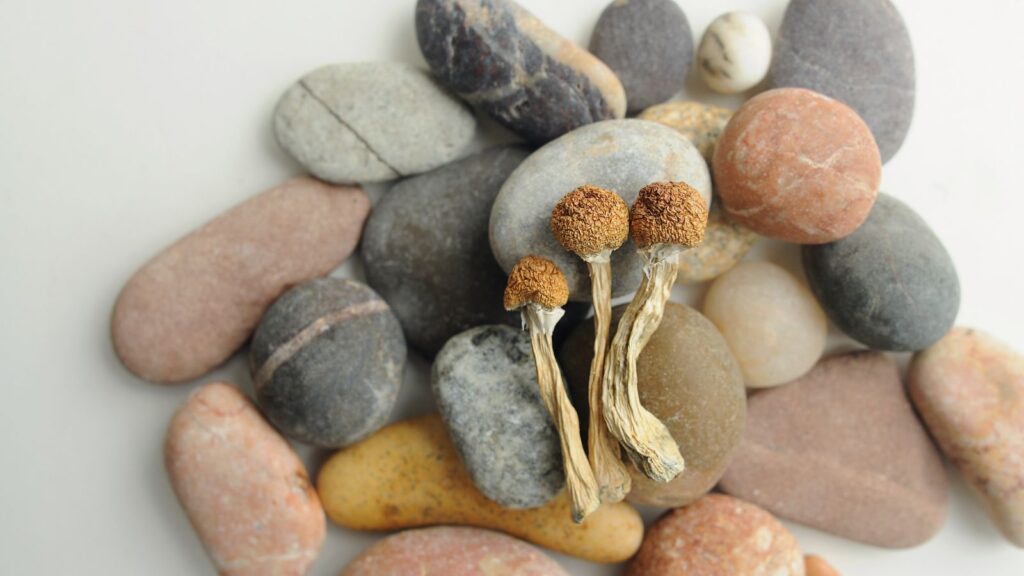Truthout tells the story of how on World Environment Day, June 4, 2010, roughly 10,000 rural Haitian farmers marched seven kilometers to take part in a symbolic burning of several pounds of seeds donated by the US, chanting “Long live the native maize seed!” and “Monsanto’s GMO and hybrid seed violate peasant agriculture!”
Monsanto donated over 60,000 pounds of hybrid and GMO seeds to the Haitian government, who then tried to sell it to Haitian farmers. The US Agency for International Development funded this $127 million seed distribution project called “Winner” to promote “agricultural intensification.” This decision was actually made at the World Economic Forum in Switzerland, without Haiti’s knowledge.
Thankfully, many of the farmers were skeptical of Monsanto’s “charitable donation,” because indeed these were not just any seeds, but corn seeds treated with the fungicide Maxim XO and tomato seeds treated with Thiram. Thiram is a dangerous chemical the EPA declared too toxic for home gardens, ruling that anyone planting these seeds must wear special protective clothing. NJ Department of Health and Senior Services Hazardous Substance Fact Sheet states, “repeated exposure [to Thiram] can affect the kidneys, liver and thyroid gland. High or repeated exposure may damage the nerves.”
Why would capitalist corporation Monsanto be so interested in donating all these (toxic) seeds to Haitian farmers?
“The Haitian government is using the earthquake to sell the country to the multinationals!” was the battle cry of Chavannes Jean Baptiste, executive director of the Peasant Movement of Papay, who spoke of how this is an attack on small farmers, biodiversity, Creole seeds, and the environment.
These seeds could change the model of Haitian agriculture, polluting the land and the people that consume the plants and also making farmers dependent on Monsanto, since Monsanto seeds are altered at the DNA level to prevent use the following year. In India, farmers are subjected to legally-binding contracts that they must buy seeds from Monsanto the following year, contributing to record poverty levels among farmers.
Monsanto has a disturbing history, including being responsible for Agent Orange, which the Vietnamese government claims killed or disabled 4000,000 people and 500,000 children were born with birth defects due to exposure to a deadly chemical. In Colombia, The US government gave Monsanto $25 million for providing highly concentrated herbicide Roundup Ultra in anti-drug fumigation. The herbicide is believed to have destroyed food crops, water sources, and protected areas and also caused increased incidents of cancer and birth defects.
Monsanto’s “Manifest Destiny” dreams are not new. They produce nine out of ten soybean seeds in the US and along with Bayer, Dupont, and Syngenta, Monsanto controls more than half of the world’s seeds.
“If the US government truly wants to help Haiti, it would help the Haitians to build food sovereignty and sustainable agriculture, based on their own native seed and access to land and credit, says Dena Hoff, diversified organic farmer and member of Via Campesina’s International Coordinating Committee. “That is the way to help Haiti.”
Image by purplbutrfly on Flickr courtesy of Creative Commons Licensing











